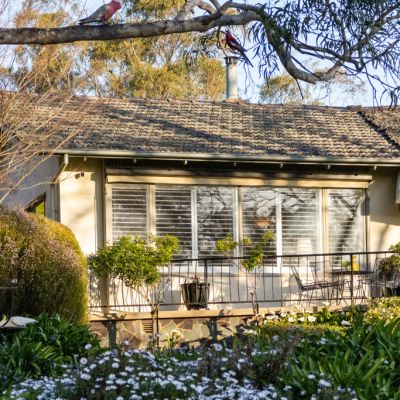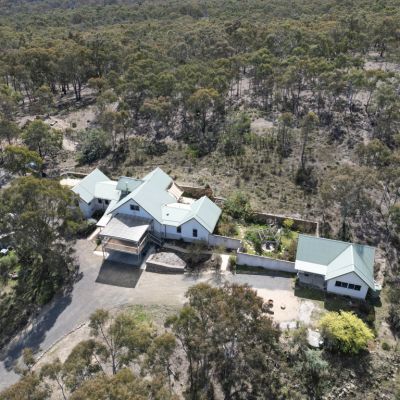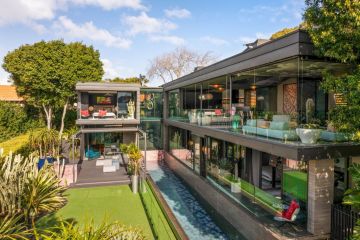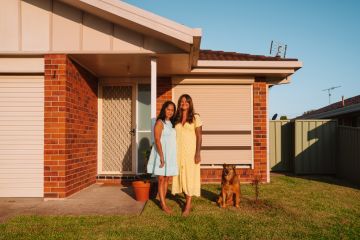Historic Canberra home on rare 5000 square metres to go under the hammer
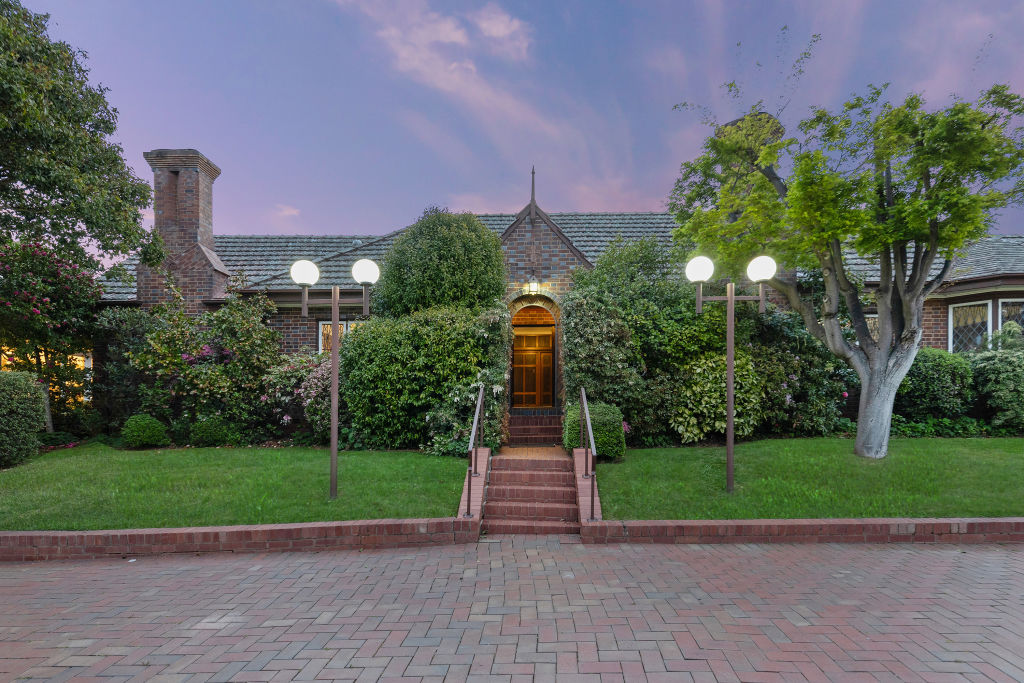
The incredible origins of a Canberra institution – 28 Mugga Way, Red Hill – is what modern property fantasies are made from.
Former Australian Prime Minister Billy Hughes sold his 5000-square-metre landholding in 1936 for only $200 to Joe Alexander, an influential federal political journalist of the time.
Well-known Canberra architect Ken Oliphant was then commissioned to design a grand house boasting evocations of medieval and 18th-century Catholicism.
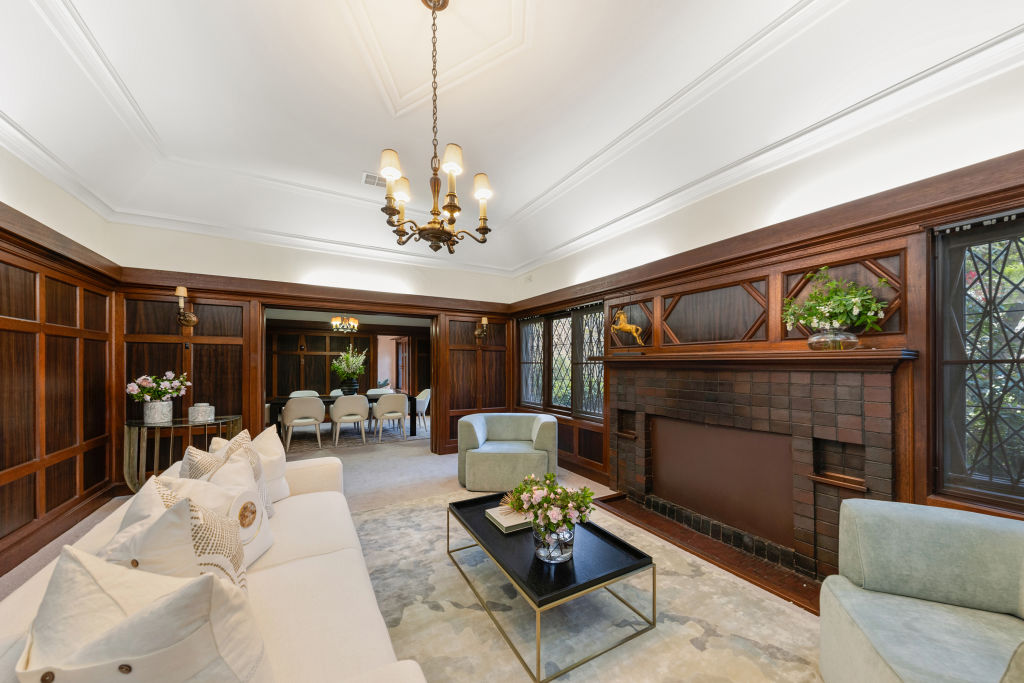
While land deals certainly don’t come around like that anymore, selling agent Andrew Chamberlain of Blackshaw Manuka says the opportunity to purchase the well-preserved estate is almost as rare.
“It’s on a prime strip where record prices have been set in the past, so it resides in good company,” he says.
“This is very rare earth backing onto Red Hill Reserve and properties in this area do not transact often.”
Fittingly, the beautiful eight-bedroom home became the residence of the Carmelite nuns for more than 50 years, with the grounds flourishing under their stewardship and the building adapting to their order’s needs.
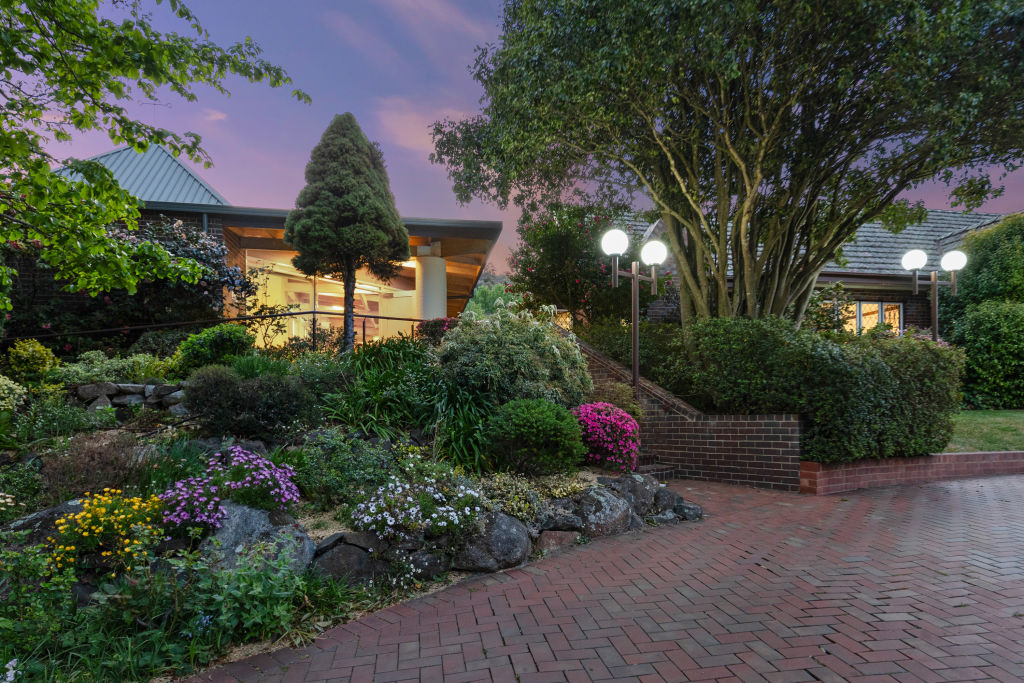
This included the building of a chapel in 1992 that connects to the main residence via an enclosed annexe.
With soaring pale rafters, floor-to-ceiling windows, multiple rooms and a full kitchen and servery, Chamberlain says it could easily function as a specialty or corporate retreat.
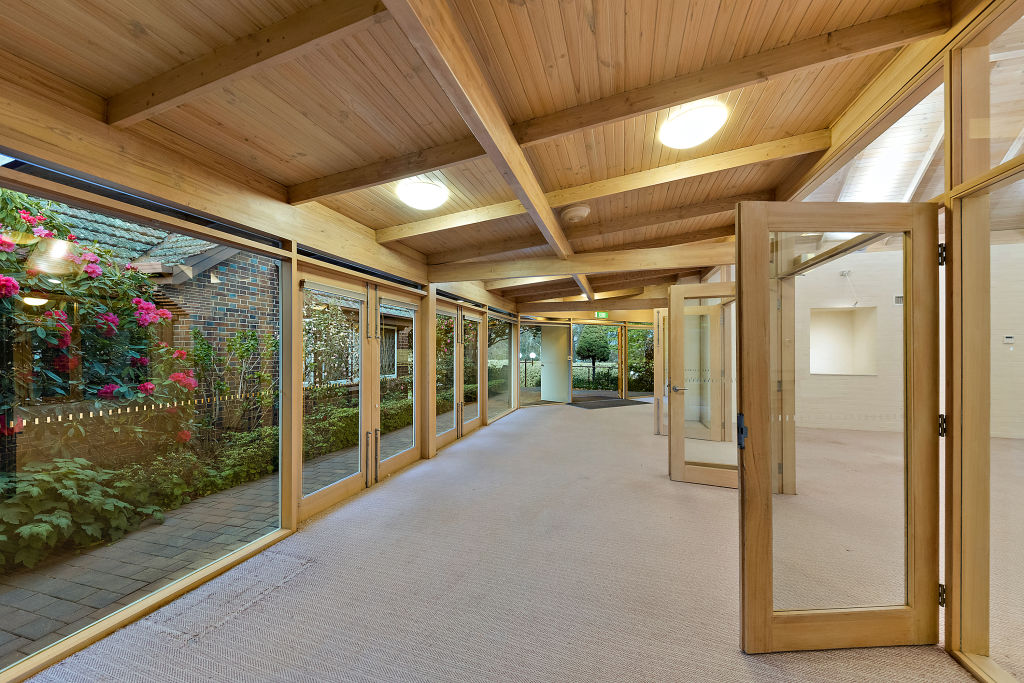
“Given its versatility, the property would be ideal as someone’s dream home or could operate as another enterprise such as a rehearsal space or an organisation’s headquarters,” he says.
The main home is alluring with period features such as an antique front door, rich dark Tudor panelling, diamond lead light windows, a vintage chandelier and an “incomparable” art deco bathroom.
Perhaps the most unique feature of all is the incorporation of treasured Roman brick remains in the form of a cross above the entrance, which Alexander (once known as the ‘Prince of the Press Gallery’ in the 1920s and 30s) acquired during his travels.
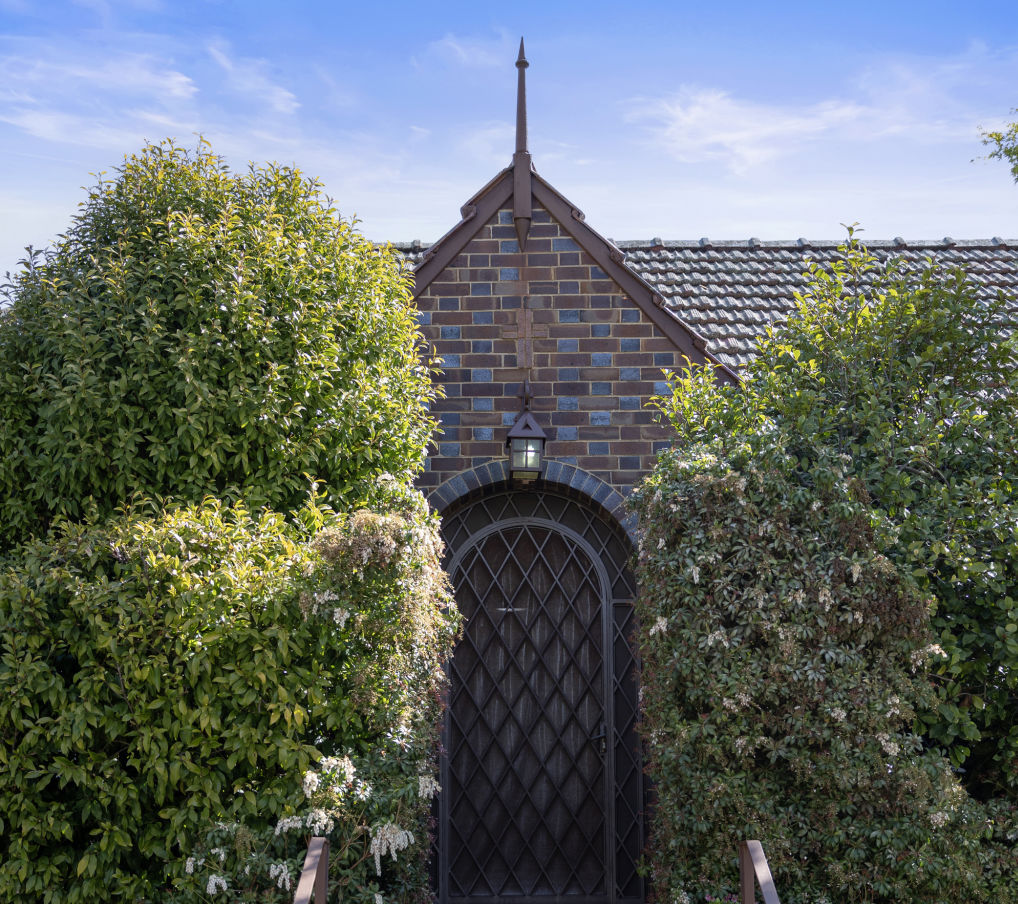
Considering the property’s rich history and coveted location, it has unsurprisingly drummed up plenty of interest ahead of its auction on November 9.
“We’ve had a lot of interest from people who are nostalgic about their past relationship with the building, along with prospective buyers,” says Chamberlain.
“It remains to be seen what the next incarnation of this property is going to be.”
We recommend
We thought you might like
States
Capital Cities
Capital Cities - Rentals
Popular Areas
Allhomes
More
